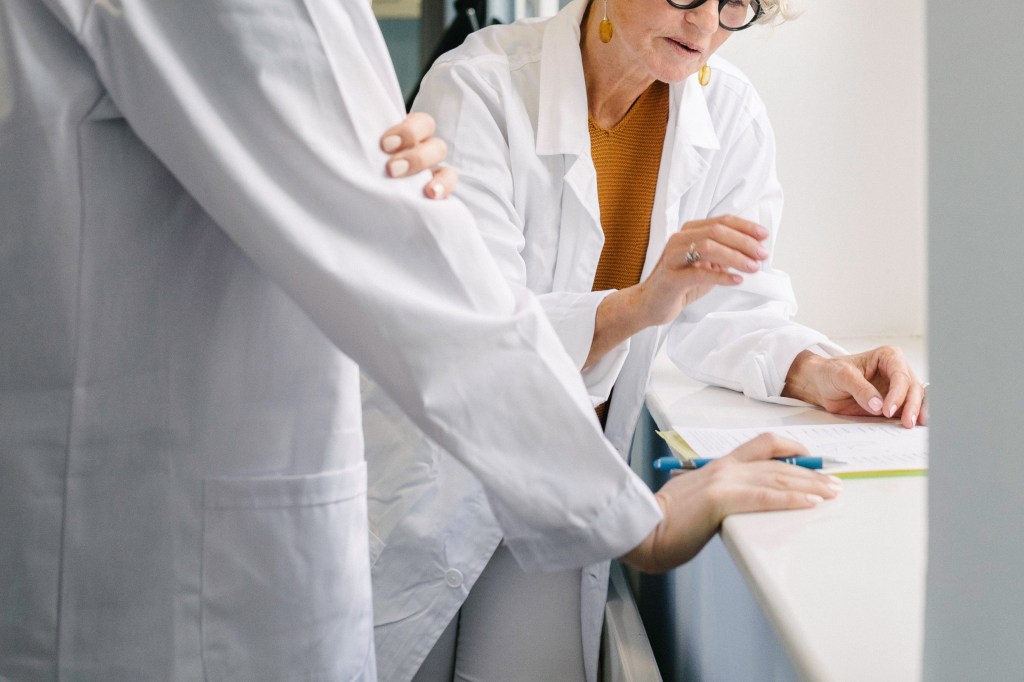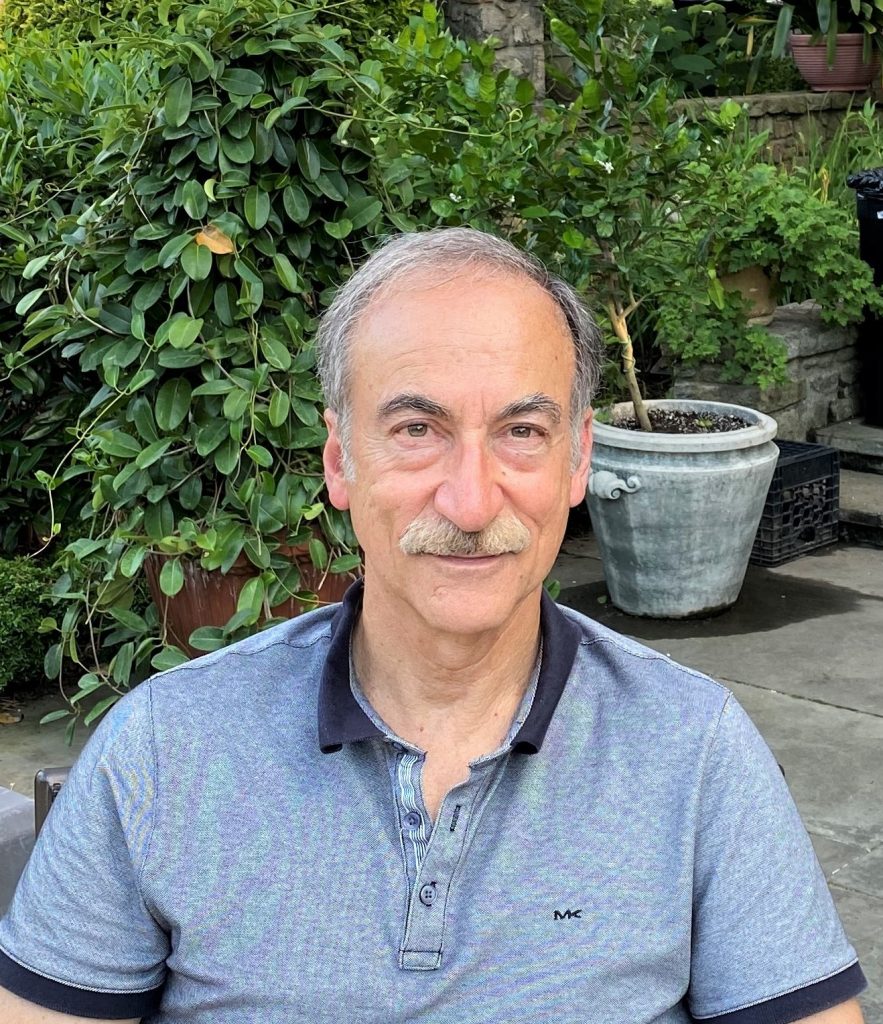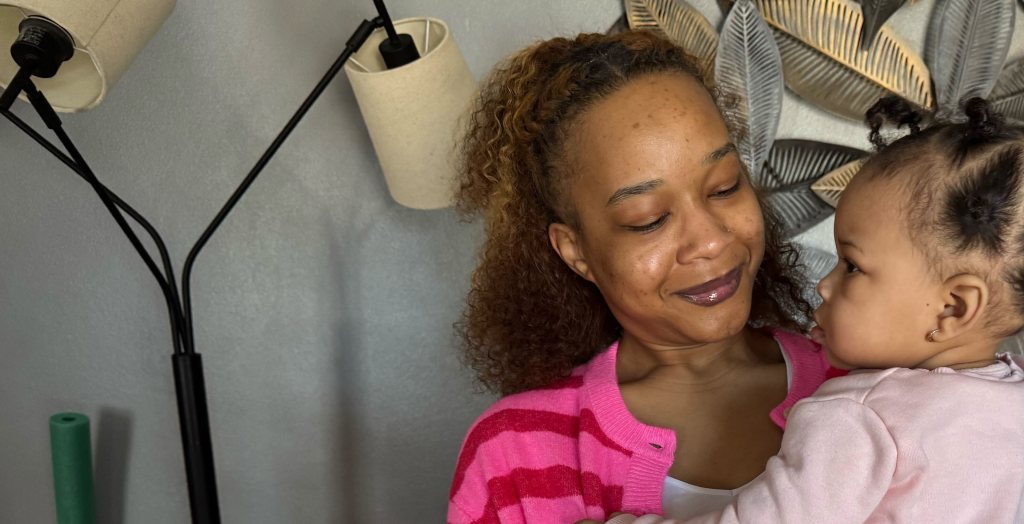The Times reports that the UK’s Medicines and Healthcare products Regulatory Agency (MHRA) is revising it’s approach to how it approves new medicines that treat rare diseases. How? Principally by allowing for single arm trials with real-world ‘digital twin’ controls as well as expediting the approval process.
The new plan, which is being launched on Sunday, will allow the use of real-world data on patients rather than expecting drug companies to start from scratch in a trial. The NHS has huge amounts of information on patients and their health which will allow researchers to see what happens to patients without treatment over time.
“The real world is your placebo,” Tallon said. “That is a particular advantage of the NHS compared with other countries.”
The agency will also allow computer modelling of patients to create digital twins that can be used as a placebo group. Another change will be to use interim results from clinical trials so that if a drug shows signs of improving a condition it can move ahead, rather than waiting for long-term data.
How the MHRA grants licences will also change. A single authorisation could cover both a clinical trial and early use of the drug so that if it works it can rapidly get full approval.
You can read the full article here.








